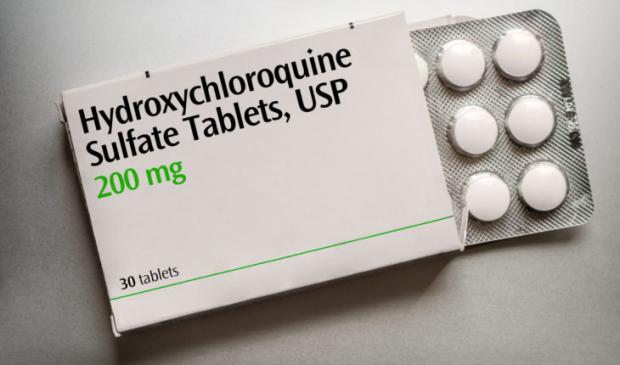
Breaking News
 Here's the damning email that confirms the CIA overthrew the US govt. in 2020…
Here's the damning email that confirms the CIA overthrew the US govt. in 2020…
 American communism has come home to roost
American communism has come home to roost
 FULL EXCLUSIVE INTERVIEW: The Former CIA Insider & Venezuelan Expert Who Accurately...
FULL EXCLUSIVE INTERVIEW: The Former CIA Insider & Venezuelan Expert Who Accurately...
 Former Navy SEAL Issues Emergency Warning To Trump: A Gorilla War In Venezuela Could Be...
Former Navy SEAL Issues Emergency Warning To Trump: A Gorilla War In Venezuela Could Be...
Top Tech News
 The First Production All-Solid-State Battery Is Here, And It Promises 5-Minute Charging
The First Production All-Solid-State Battery Is Here, And It Promises 5-Minute Charging
 See inside the tech-topia cities billionaires are betting big on developing...
See inside the tech-topia cities billionaires are betting big on developing...
 Storage doesn't get much cheaper than this
Storage doesn't get much cheaper than this
 Laser weapons go mobile on US Army small vehicles
Laser weapons go mobile on US Army small vehicles
 EngineAI T800: Born to Disrupt! #EngineAI #robotics #newtechnology #newproduct
EngineAI T800: Born to Disrupt! #EngineAI #robotics #newtechnology #newproduct
 This Silicon Anode Breakthrough Could Mark A Turning Point For EV Batteries [Update]
This Silicon Anode Breakthrough Could Mark A Turning Point For EV Batteries [Update]
 Travel gadget promises to dry and iron your clothes – totally hands-free
Travel gadget promises to dry and iron your clothes – totally hands-free
 Perfect Aircrete, Kitchen Ingredients.
Perfect Aircrete, Kitchen Ingredients.
 Futuristic pixel-raising display lets you feel what's onscreen
Futuristic pixel-raising display lets you feel what's onscreen
 Cutting-Edge Facility Generates Pure Water and Hydrogen Fuel from Seawater for Mere Pennies
Cutting-Edge Facility Generates Pure Water and Hydrogen Fuel from Seawater for Mere Pennies
Study Indicates Early Treatment With Hydroxychloroquine Halved Deaths from COVID-19

The use of Hydroxychloroquine as a possible treatment has become the focus of emotional and political controversy. The best use or non-use should just be a medical and scientific matter based on actual medical and scientific studies and data.
In a large-scale retrospective analysis of 2,541 patients hospitalized between March 10 and May 2, 2020 across the system's six hospitals, the study found 13% of those treated with hydroxychloroquine alone died compared to 26.4% not treated with hydroxychloroquine. None of the patients had documented serious heart abnormalities; however, patients were monitored for a heart condition routinely pointed to as a reason to avoid the drug as a treatment for COVID-19.
The study seems to say that deaths are reduced by half if patients who are given treatment early. But it has to be patients without serious heart problems. They did not completely randomize the patients. It is not for all patients. So need to randomize the subset and control for steroids.



